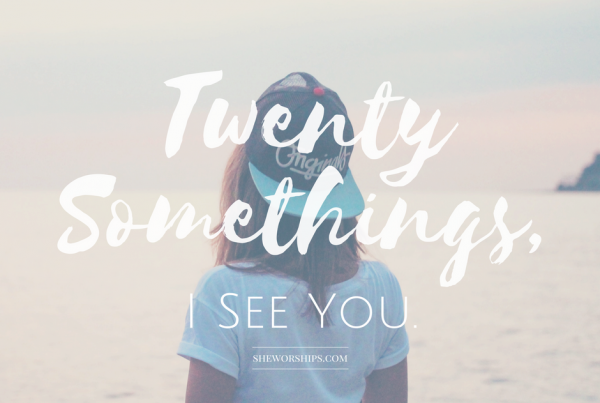Ever since I had my first son, Mother’s Day has been pretty great. Isaac is still not old enough to know what’s going on, but I love celebrating this new identity of mine. For me, Mother’s Day is a day to take stock of all the blessings tucked into this season of life.
However, I’d be lying if I didn’t admit the day is a little weird. Mostly because the language about mothers is so saintly. On Mother’s Day, we receive cards singing our praises, while pastors declare our unparalleled good works. We are tireless servants, selfless givers, tender nurturers, priceless jewels, all possessing the patience of Job. Apparently.
All the acclaim makes me feel a bit squirmy, though I do love the chance to celebrate my own mom, who should seriously be Queen of the Year after all she’s done to help us with the new baby.
The squirmy side of me, however, would love to resurrect the original intent for Mother’s Day, which was really quite awesome.
The first Mother’s Day was in 1868, created by Anna Reeves Jarvis. Her aim was to gather women around the cause of peace. Founded in reaction to the carnage of the Civil War, she called on women to care for the wounded on both sides of the fight.
Ten years later, Julia Ward Howe, who famously penned “Battle Hymn of the Republic” and was a vocal advocate for women’s right to vote, suggested “Mother’s Day for Peace” should be an annual event. Like Jarvis, Howe wanted to see an end to the destructive force of war, and who better to oppose it than the mother’s of soldiers.
To commemorate this day, Howe wrote a “Mother’s Day Proclamation,” that began with these words:
“Arise, then, women of this day! Arise all women who have hearts!”
Following her proclamation, Mother’s Day was observed on June 2 for the following 30 years. One historian summarized the movement like this:
“Many middle-class women in the 19th century believed that they bore a special responsibility as actual or potential mothers to care for the casualties of society and to turn America into a more civilized nation. They played a leading role in the abolitionist movement to end slavery. In the following decades, they launched successful campaigns against lynching and consumer fraud and battled for improved working conditions for women and protection for children, public health services and social welfare assistance to the poor. To the activists, the connection between motherhood and the fight for social and economic justice seemed self-evident.”
In 1913, the date of Mother’s Day was moved to the second Sunday in May. This reincarnation of Mother’s Day launched a new era for the holiday, one that was less outwardly focused, and was more tangled up with consumerism. Rather than exhort mothers to rise up, it celebrated what mothers were already doing.
As much as I appreciate the importance of celebrating mothers, I really do love the roots of Mother’s Day. Mother’s Day began as a call to arms–or more accurately, a call to lay down arms. It was women coming together on behalf of their children, working to make the world a better place.
The spirit of those early Mother’s Days feels so different from the Mommy Wars of today, when motherhood feels more like a competition than a team effort. It’s the difference between Mary’s friendship with Elizabeth, and Rachel’s rivalry with Leah.
All of that to say, I don’t think we should stop celebrating the good women in our lives, but I hope we can hold onto the origins of Mother’s Day as well. It imagined a world in which women were not passively confined to the home, but would “arise” and engage the world for the good of their children. This early expression of Mother’s Day is not unlike the love of our Father, who also engaged the world so that His children might know peace.
I want to carry on the legacy of those mighty women, but more importantly, I want to parent like my God. I want to do more than simply survive these years. I want to rise up. I want to be the kind of woman who advocates for my children, and all children. I want to claim a notion of motherhood that isn’t about mini-vans or casseroles or getting your kid into the best school, but is about impacting the world in the wild, dangerous, self-sacrificing love of Christ.
That’s a vision of Mother’s Day I can really get behind. So to all you women who have hearts,
Happy Mother’s Day!
Sharon
Sharon








The comparison of Mary and Elizabeth with Rachel and Leah is excellent, Sharon. The nurturing aspect of those early Mother’s Day celebrants/organizers is something that we should all emulate whether we’re mothers or not.
P.S. 1858 is the first one? That predates the Civil War, so it couldn’t be in response to the carnage of the conflict.
I’m reading through Genesis again and just came across the account of Leah and Rachel. Such an excellent contrast that you made between them and Mary/Elizabeth. It’s easy to get sucked into the Mommy Wars, but requires more gumption to lay aside our differences and ban together as women. Bravo!